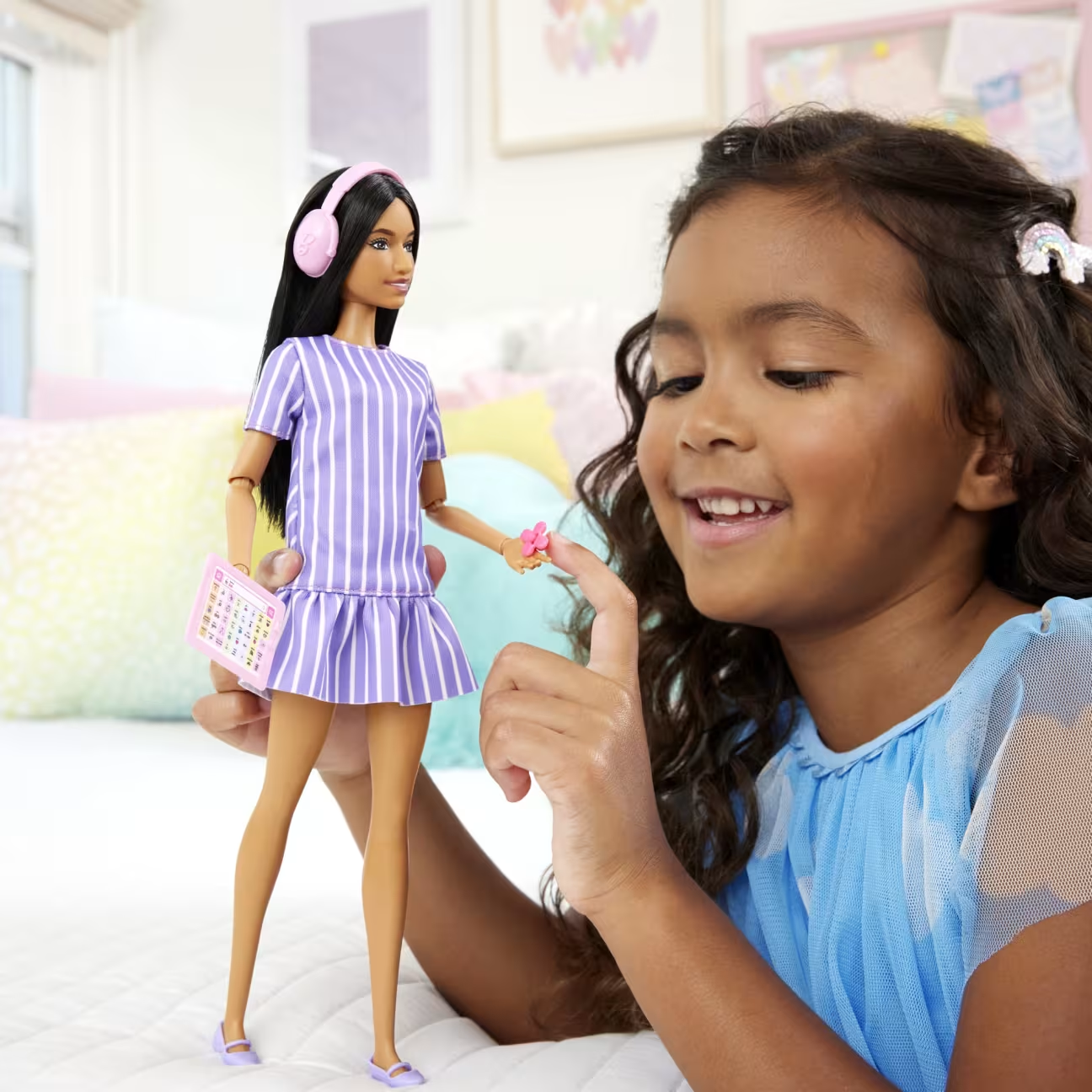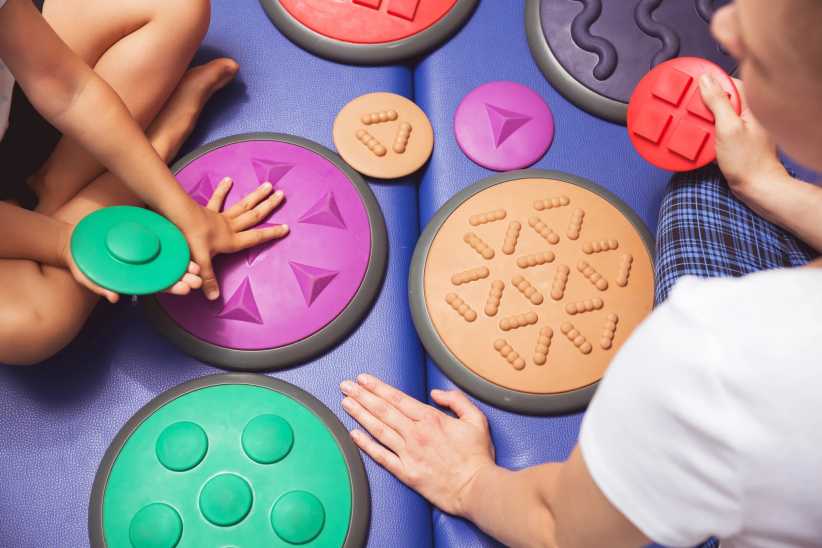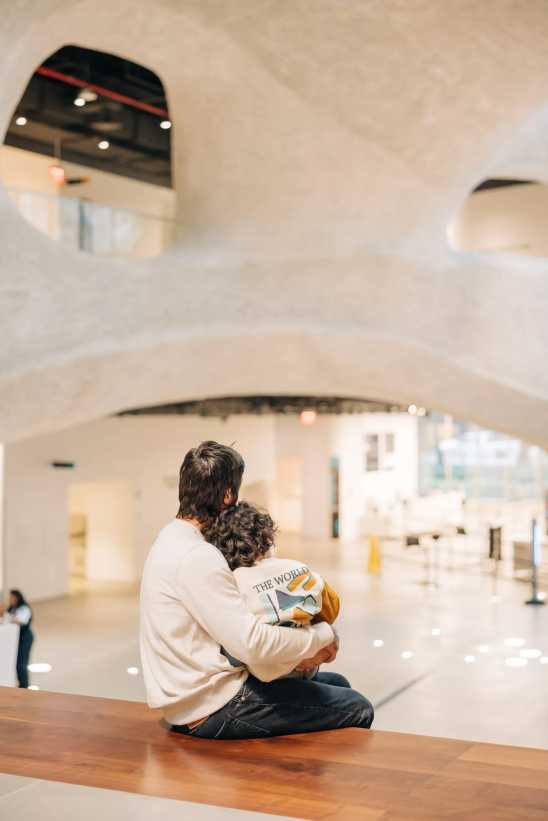Parents of Special Needs (SN) children who have an interest in Complementary and Alternative Medicine (CAM) often feel trapped between competing worlds of health care. It’s easy to feel as if questions about CAM are not taken seriously when the reply is “I cannot discuss that as it’s not supported by research.” Parents complain that the subject of nontraditional treatments and approaches to wellness are off limits and not viewed with respect by physicians. Sometimes the problem is not the question, but the type of doctor you are asking. If your child is receiving conventional medical care and your family’s wellness philosophy includes CAM, then your child’s doctors should have a similar approach to health and healing.
Different sources have different definitions for the terms used to describe complementary and conventional medicine. This article is using definitions of complementary and alternative medicine (CAM) and conventional medicine from the National Center for Complementary and Alternative Medicine. Conventional medicine is used to describe medicine as practiced by Medical Doctors (MD’s) and Doctors of Osteopathy (DO’s). Conventional medicine is also known as Western medicine, orthodox medicine, or regular medicine. Complementary medicine is used together with conventional medicine while alternative medicine is used in place of conventional medicine.
The term MD (Medical Doctor) is commonly, but incorrectly, used to describe all doctors. Look at a hospital’s Physician Directory or flip open the Yellow Pages to the physician section, and you will see two different sets of initials immediately following the doctor’s name – MD or DO. MD’s and DO’s attend two different types of medical school. While approximately 98% of the medical training is the same, there are differences in philosophy that makes one group more open to CAM.
Doctors who graduate from allopathic medical schools use the title Medical Doctor, or MD. Allopathic Medicine is based on patient centered medical research that follows standardized methods and scientific principles. An example of this is the “double-blind study” often referred to in news reports and articles. The body is separated into systems, and each body system is its own unit unless a relationship with other body systems has been scientifically established. Diagnostic and treatment methods are research based. Historically the focus has been on curing disease, but preventative healthcare has become recognized as a necessary part of disease management. Many MD’s consider CAM to be more theory than proven practice because it has not been proven according to the scientific principles taught in allopathic medical schools. The majority of medical schools in the United States follow the allopathic model.
While MD’s trained in the allopathic model cite the lack of hard scientific evidence as a reason to beware of CAM, the reality is they don’t practice in a textbook or medical journal. So they can and do use treatments that are not 100% research based. An example would be prescribing a medication for “off-label” use, like when certain antidepressants are used to treat neuropathic pain even though the manufacturer has not researched and labeled the antidepressant as a treatment for pain.
Osteopathic Physicians, or DO’s, have a different concept of health. Osteopathic medical schools teach that the body is not a series of systems, but a self-regulating, self-healing unit where the body, mind, and spirit combine to make a person. In addition to using standard diagnostic testing, DO’s are taught to take a comprehensive history of the whole person and to use hands on as part of their information gathering. DO’s can also use Osteopathic Manipulation of the musculoskeletal and nervous systems to facilitate the body’s ability to self-heal. Less than 10% of conventional physicians in the United States are DO’s, but that number is expected to grow as the need for individualized primary care and preventative care becomes more accepted.
Once medical training is completed, DO’s work in hospitals, operating rooms, the Military, clinics and private practice. They can choose to embrace a holistic approach to health and healing, follow the more common allopathic medical model, or create their own combined model of practice. Guided by the Osteopathic philosophy, 60% of DO’s prefer Family Practice, Internal Medicine, and Pediatrics over specializing because these areas enable them to work with the whole person as partners in wellness, in addition to curing disease. Dr. Christopher Laseter, D.O., an Osteopathic Physician in Lancaster, Pennsylvania, uses advanced Osteopathic training to treat children with neurological and behavioral problems. He warns that, like MD’s, DO’s need specialized training to work with Special Needs children.
When asked about what appears to be a struggle between allopathic medicine and CAM, Dr. Laseter replied, “DO’s, by being forced to train in both allopathic and osteopathic schools of thought gain a little perspective in what amounts to a turf battle for hearts and minds. We have a foot in both camps. In the future, patients will demand their physicians be cross-trained in several medical models and tensions will lessen.”
Does this difference in philosophy mean that an MD will not support your interest in CAM? Some Medical Doctors have a personal and professional interest in complementary medicine, but their ability to recommend or discuss CAM is limited by whether the treatment you are asking about has been researched within allopathic guidelines – or if they are aware of the existing research. Some allopathic medical schools are now teaching Integrative Medicine, which combines researched CAM with allopathic treatments. Interested M.D.’s are pursuing additional training and certifications in CAM treatments or partnering with a variety of CAM practitioners to create their own integrated practice groups.
What if you feel that your child’s physician is not willing to discuss CAM? The American Academy of Pediatrics Committee on Children with Disabilities Policy Statement on CAM, and children with chronic illness or disabilities, advises pediatricians to respectfully listen to the desires and fears of parents seeking to discuss the role of CAM in their children’s healthcare. Dr. Karen Summar, M.D., Director of the Jane and Richard Thomas Center for Down Syndrome at Cincinnati Children’s Hospital Medical Center, doesn’t sugar coat this dilemma, “Go somewhere else. If you have a pediatrician who won’t listen to you about CAM, he probably won’t listen to you about other things, either.”
Dr. Summar added not to rush into a relationship with any practitioner, conventional or non-traditional. “A doctor or practitioner has expertise in certain areas of medicine, but you are the expert about your child. If something is not ringing true or does not apply to your child, then go somewhere else.” She also advises to make an appointment to discuss CAM treatments instead of trying to ask questions at the end of a visit. This way the doctor has time to research how the treatment relates to your child’s needs and there will be time for a more thorough discussion. (See this month’s “Did You Know” for more information on discussing CAM with doctors.)
As research on the effectiveness of specific CAM treatments grows, the M.D.’s ability to partner with you in this grows as well. When one of my daughter’s Neonatologists heard that I had a background in Aromatherapy he showed me research about using Vanilla essential oil to reduce episodes of Apnea of Prematurity – and he wrote an order for her nurses to use it on a schedule as they would any other ordered treatment. He found a way to introduce CAM into a very traditional medical setting. Don’t assume that because a doctor is an MD that he is close minded or stuck working inside the box. There is still room in conventional medicine for creative and intuitive individuals to work within the boundaries of medical science while their patients benefit from centuries of health knowledge. CAM can be a part of the science and art of medicine.
So how do you find a doctor who is open to CAM and qualified to use CAM treatments in Special Needs children? Some online sources for CAM friendly physicians are listed below, and many of these organizations give tips on how to choose a CAM practitioner, but, a physician locator is just a starting point. Dr. Laseter recommends that parent to parent referral between like-minded parents be a part of your search for a physician who shares your family’s philosophy of care.
Reprinted with permission from. Parenting Special Needs Magazine, Sept/Oct Issue, Copyright [2009] by Parenting Special Needs LLC. www.parentingspecialneeds.org
Resources
• The American Academy for Medical Acupuncture (medicalacupuncture.org) has a locator for conventional physicians who are board certified in Medical Acupuncture.
• Members of the American Institute of Homeopathy www.homeopathyusa.org) include MD’s and DO’s with an additional interest in homeopathic medicine.
• The American Osteopathic Association (www.osteopathic.org/index.cfm?PageID=findado_main) website has a DO finder database.
While teaching hospitals affiliated with allopathic MD programs will not have DO’s on staff, it is still possible to receive medical care through Integrated Medicine programs at some of the same medical schools.
• The Consortium of Academic Health Centers for Integrative Medicine (www.amfoundation.org/practitioner.htm#SCHOOLS) has a listing of member programs.
• The Cranial Academy’s (www.cranialacademy.org/index.html) members include DO’s and MD’s who have taken additional training in a specialized branch of Osteopathic Medicine called Cranial Osteopathy
• Holistic Health Now! (www.holistichealthnow.org/web/) is the resource directory of The American Holistic Medical Association (AHMA). AHMA membership includes MD’s, DO’s, and other CAM practitioners. To download the American Academy of Pediatrics full Policy Statement on CAM and Special Needs Children, visit aappolicy.aappublications.org/cgi/content/full/pediatrics;107/3/598.













